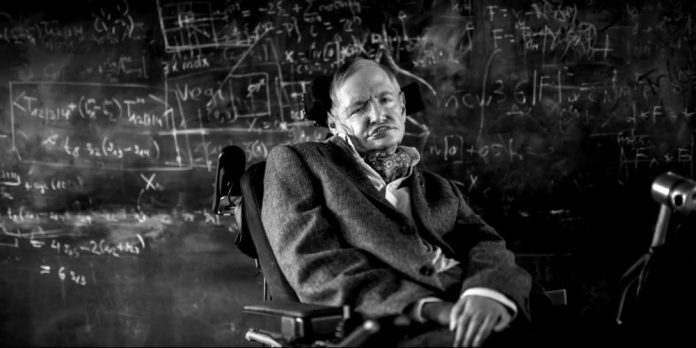For the first time, the PhD thesis entitled “ Properties of Expanding Universes” is available for download online on the University of Cambridge’s website
As a gesture of honor for the Open Access Week, PhD thesis entitled “ Properties of Expanding Universes” written by Stephen Hawking has been released online and is currently available for free download. However, due to the high interest, the website crashed shortly after it went live.
Starting with Monday afternoon, the main research page was reachable after a few minutes, but nothing on the page was.
“We have had a huge response to Professor Hawking’s decision to make his PhD thesis publicly available to download, with almost 60,000 downloads in less than 24 hours,” spokesman Stuart Roberts said. “As a result, visitors to our open access site may find that it is performing slower than usual and may at times be temporarily unavailable.”
Stephen Hawking’s PhD thesis takes into consideration both the implications and consequences of the expansion of the universe. In a statement that was released earlier, the school mentioned that it is already the most requested item in its catalog, and it is far from being a surprise.
“It’s wonderful to hear how many people have already shown an interest in downloading my thesis — hopefully they won’t be disappointed now that they finally have access to it!” Hawking said in a statement before the website crashed.
“By making my PhD thesis Open Access, I hope to inspire people around the world to look up at the stars and not down at their feet; to wonder about our place in the universe and to try and make sense of the cosmos. Anyone, anywhere in the world should have free, unhindered access to not just my research, but to the research of every great and inquiring mind across the spectrum of human understanding,” he said.
“Each generation stands on the shoulders of those who have gone before them, just as I did as a young PhD student in Cambridge, inspired by the work of Isaac Newton, James Clerk Maxwell and Albert Einstein.”
Source: cnn.com




